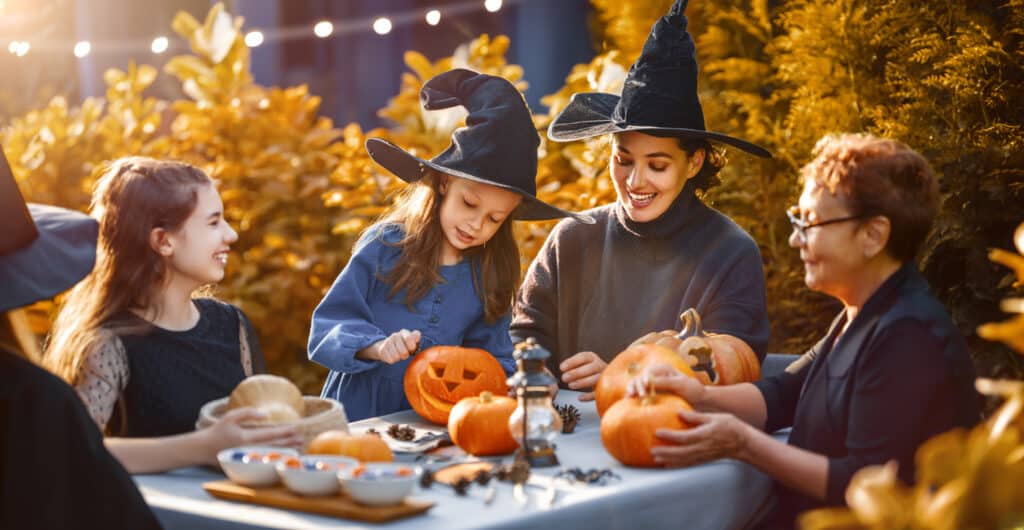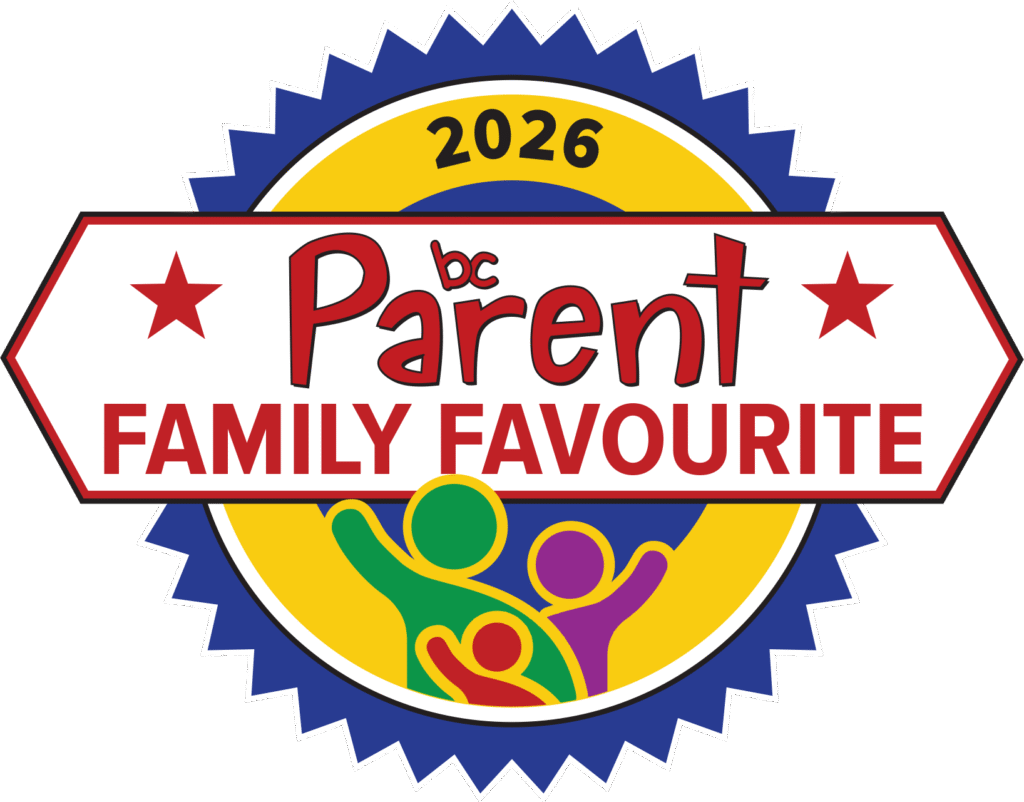The Unstoppable “Reset” Mindset
Reset is for anyone who knows the strain of balancing life on the tightrope of being everything to everyone.

I was a single mom to two beautiful, fair-skinned, blonde daughters. One December morning, I walked into their bedroom to wake them for school—and stopped cold.
My youngest, CJ—only six years old—was entirely, unmistakably… bright orange.
I froze. My mind raced. What had happened? Was it contagious? Dangerous? Would the school send her home in a hazmat suit? Would other kids laugh? Would someone call child protection?
I didn’t want to frighten her, so I gently told her to stay cosy a bit longer and tiptoed out. I woke her older sister, Jamie (twelve), and pulled her aside for a quiet chat. I explained what was going on and asked her not to say anything to her sister until we figured it out. I even asked her to help keep CJ away from mirrors. Whatever this was—I wasn’t ready to explain it yet.
We had no health insurance, and the nearest ER was thirty-five miles away. I sat on the lanai, coffee in hand, staring out over the ocean, trying to stay calm and listen for that little voice of reason inside me.
After about ten minutes, something tugged at my memory. A small thing—something about a wagon… a lot of pumpkins… and a certain overstuffed freezer.
And that’s when it hit me.
Pumpkin.

Let me explain.
Back in October, after Halloween, our resort—yes, we were living in a fancy resort at the time (don’t ask)—was overflowing with discarded jack-o’-lanterns. Dozens of them. My girls, having recently returned from two years in South Africa where pumpkin is practically a food group, decided to rescue these pumpkins in their little red wagon.
And rescue they did. Three dozen pumpkins ended up on our patio—three flights up, mind you, because we were living in the penthouse (again, don’t ask). They were so proud. I couldn’t hurt their feelings. So we got to work.
We washed, cut, diced, and bagged them. The resort gardeners got involved—they brought Ziplocs and asked for recipes. I gave them cooking instructions. The freezer was suddenly full, and we had a new family food group: pumpkin. Every day. Every way.
Pumpkin with rice. Pumpkin with cinnamon. Pumpkin soup, pumpkin pie, pumpkin stew. If you can imagine it—we pumpkin-ed it.
Fast forward to December.
Two days later—Jamie turns orange.
The culprit? Carotene. They’d practically OD’d on it. Not in stages—this happened suddenly, almost overnight.
Thankfully, no doctor was needed. Just… no more pumpkin.
We laid low through the holidays, saw a few close friends, and gave away the remaining pumpkin as Christmas gifts—tied with ribbons and recipe notes. Festive and nutritional!
It took until just before New Year’s for their skin tone to return to normal.
And yes—CJ missed the school play.
But to this day, we laugh about the pumpkin year.
And if I so much as glance at a can of pumpkin now, someone in the family starts shaking their head.
Author bio
Rosemary Denniston lives in Victoria and enjoys gardening, storytelling, and trying to avoid canned pumpkin at all costs.
Reset is for anyone who knows the strain of balancing life on the tightrope of being everything to everyone.

The nominations have been tallied, and the voting begins on January 10th! Look at the Family Favourites you nominated! Family Favourite Nominees 2026 Congratulations to all the nominees!

Do you remember how delightful Christmas holiday was when you were little? If the countdown to Christmas is stressing you out, it just means you’ve grown up! Read these tips to reclaim the magic of the holiday season.
